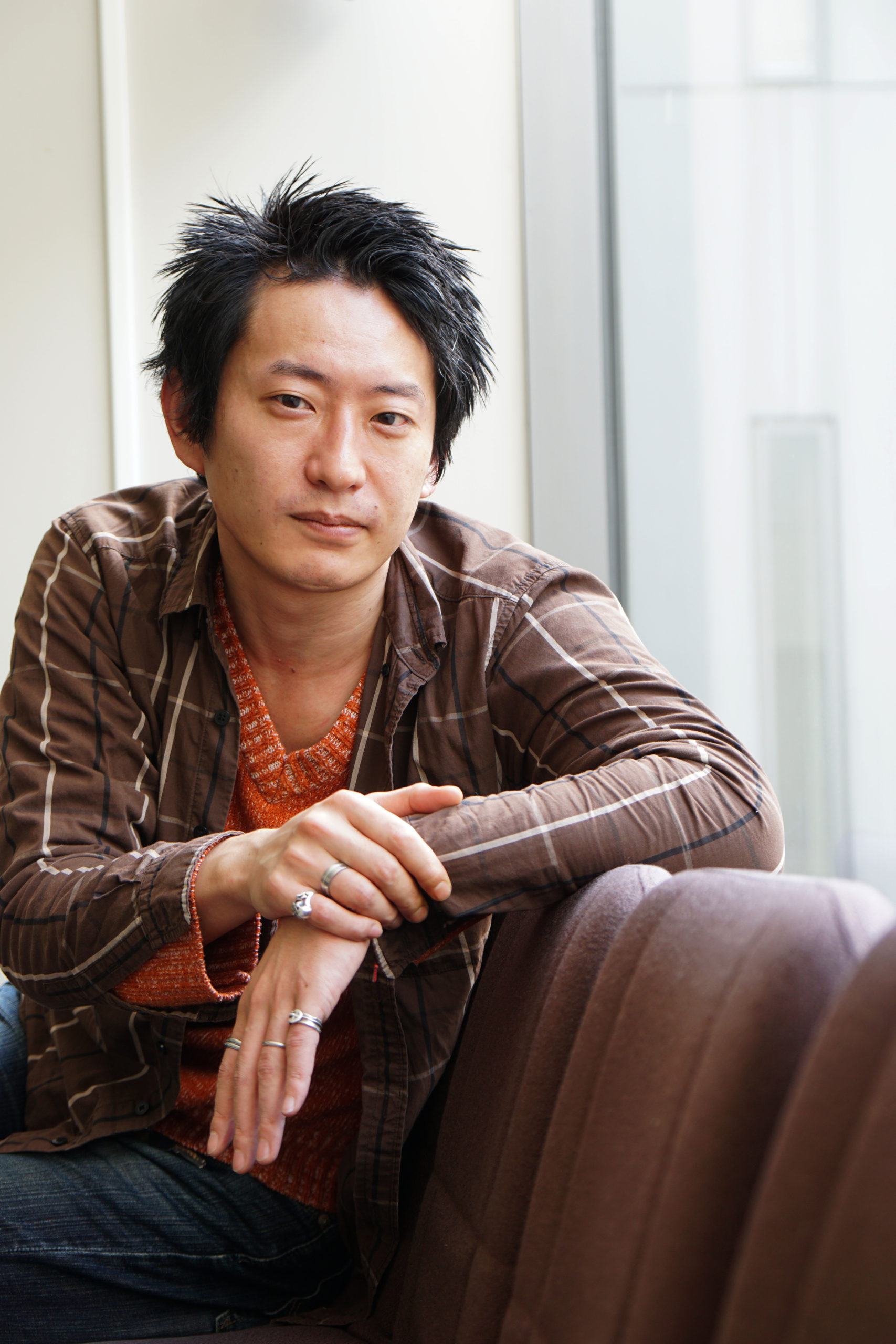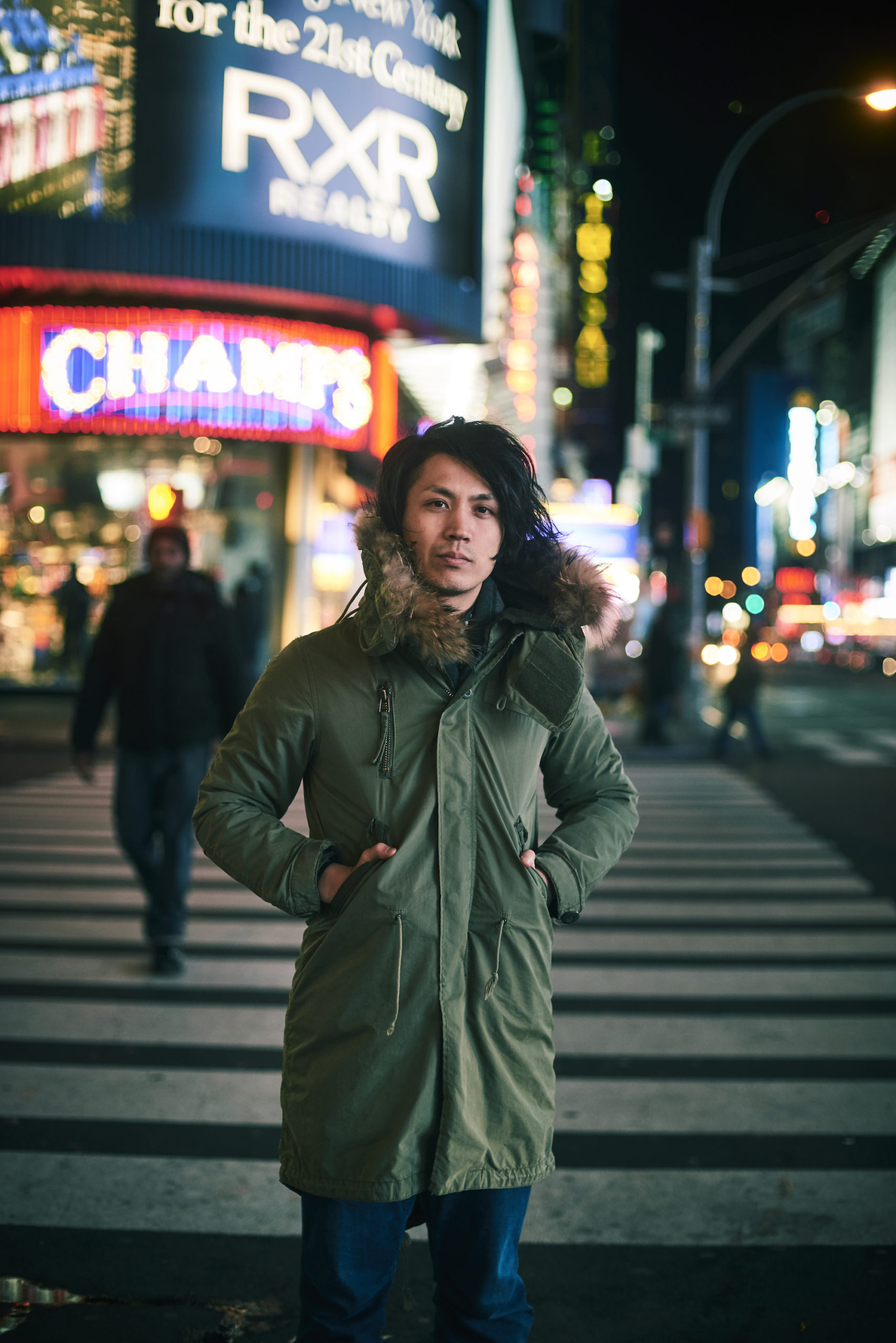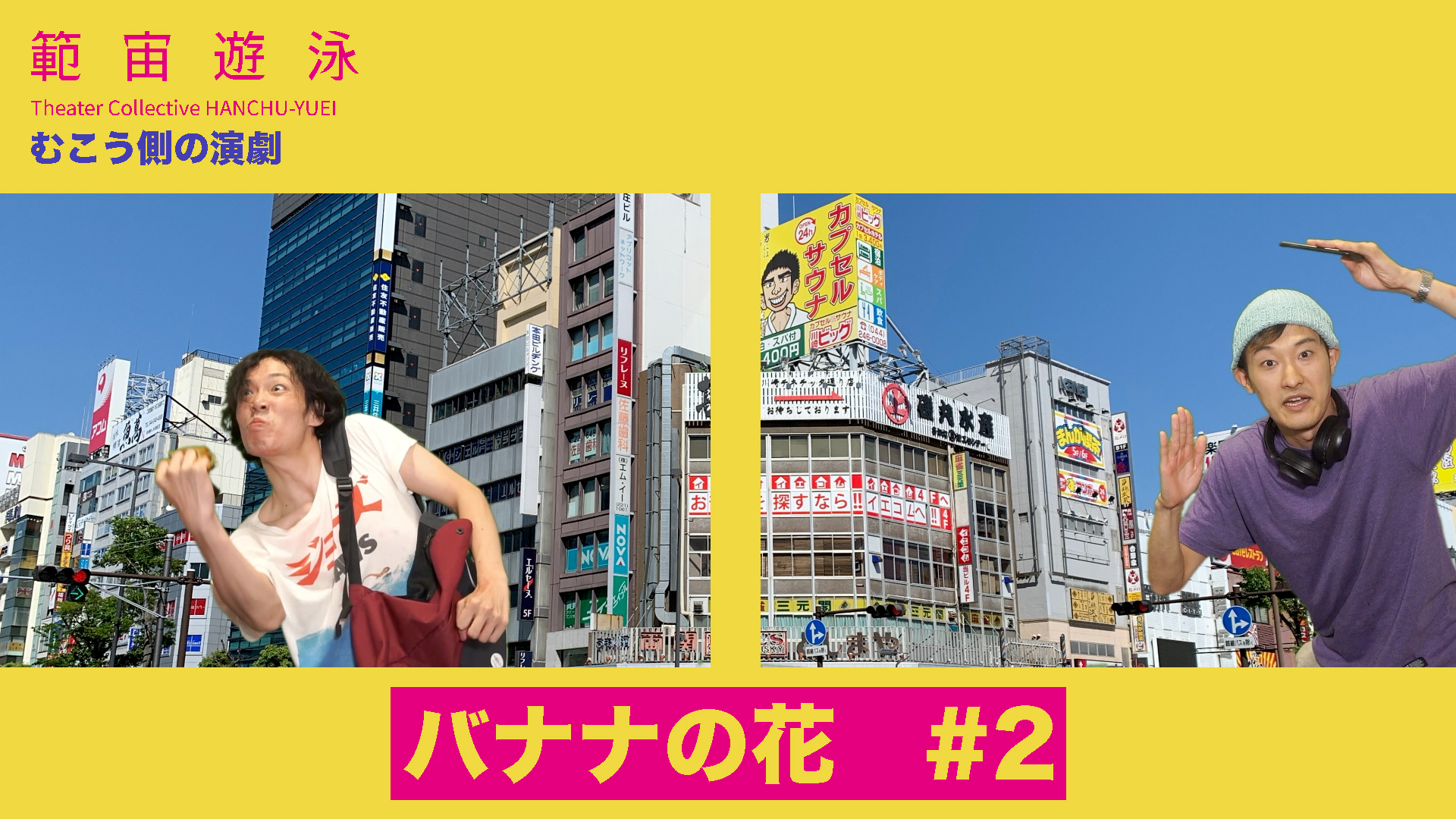

Faced with the calamitous effects of COVID-19 on the performing arts in Japan, numerous theater companies are switching to online streaming to generate revenue, or even using the backs of trucks as mobile, open-air stages.
Individually, however, many dramatists are confronting creative crises of their own.
To discover how the pandemic is affecting independent playwrights and directors, The Japan Times asked two rising figures in the contemporary theater world, Kenichi Tani and Suguru Yamamoto, about writing and presenting their works in these unprecedented times.
In separate interviews it soon emerged that both Tani, 38, and Yamamoto, 33, had already experimented with online platforms, though with contrasting outcomes.
Speaking recently at a studio in Tokyo as he rehearsed his latest work, “Anti-Fiction,” Tani — who is also an English translator — said, “I was planning a month-long theater festival in May, but it was canceled due to COVID-19. Then in April I worked with some close actor colleagues to stream a piece online — but I didn’t enjoy it at all. So I realised I wasn’t interested in making theater for screen-viewing at all.
“However that meant I instantly had nothing to do even after working in the theater world for the last 23 years, so it was as if I went blank,” the founder of the Dull-Colored-Pop theater company and winner of a prestigious Kishida Kunio drama award in 2019 explained.
“Although I thought I should use my unexpected free time to create new plays for the future, I was completely stuck because in this worldwide climate of fear I wasn’t able to write fiction stories about romance or personal torment, for instance. So, the only fresh theme I could find was the current situation.”
As a result, for his first post-COVID live production, Tani decided to straightforwardly portray his agony as a writer plunged into such a slump. And “Anti-Fiction” could hardly be more first-person, as he is not just the only actor, and the director, but he designed the lighting and sound effects as well.
Yet despite this new work being set to open July 16 at Theater Fuusikaden, along with two pay-to-view live streamings prior to it being posted online, Tani says, “Though I am restarting my theater activity now, I don’t really know what live performance will be like in these circumstances.
“But one thing I am sure of is that I want actors and audiences to be sharing the same space at the same time. Theater is a spatial art, so it’s important that people see the performance right before their eyes.”
Yet despite saying he is resigned to COVID-19 being around for another two or three years, Tani believes it will take a lot of trial and error to find the most effective way of presenting live performances in these conditions.
“So each of the 14 times I am on stage in ‘Anti-Fiction,’ I will be exploring what these so-called ‘new normal’ times require,” he says — adding that for safety reasons the theater is limited to 50 percent capacity, but by charging for the two performances being streamed live online it’s hoped to cover the loss in ticket sales.
“I don’t get it, but my wife and her parents are looking forward to seeing the play online this time, and it’s true that our child can enjoy it with his mum at home. So I suppose online theater may be a useful tool for some people — except me,” he concludes with a laugh.
A few days after meeting Tani, I talked via Zoom with Suguru Yamamoto, the founder of young people’s favorite, the Hanchu-Yuei theater company, who returned from New York in February after being awarded a grant by the Asian Cultural Council to study drama there for six months.
Responding to the COVID-19 theater shutdown in Japan that followed soon afterward, in early June the playwright and director launched an original, and free, series of 10–15-minute theater sketches on YouTube titled “Banana no Hana” (“Flower of Banana”).
Speaking soon after posting the second episode of his saga tracing the ups and downs of a young con-man’s online chat-up activities, Yamamoto explained why he started this project now, saying, “YouTube is a very familiar media for young people, whereas if someone wants to go and see theater live, they’ll have to spend around ¥3,000 on a ticket, and also pay to get there and back.
“Of course I know the true joy of live events, but I think the times have been changing day by day and the Japanese theater world has a weak sense of crisis about catching up with such things as digital ticket-sales systems, and open auditions for performers. In many ways, it’s still very conservative.”
So, when confronted with the impossibility of doing live performances, Yamamoto says he took that as a chance to nudge those stuck in such mindsets toward new ideas.
“This is a great opportunity for Japanese theater to break through many fixed traditions,” he declares, citing its “failure to open enough to the world in this era of global interactions.” In particular, though he himself has already worked in India, Singapore, China and the United States, he finds it regrettable that dramatists here are not interested in such experiences.
“Now, I hope to help inspire Japan’s theater world both to overcome the effects of this pandemic and to propel our contemporary theater more toward the forefront of popular culture as it is most other developed countries.
“For example, though we haven’t as many viewers yet compared with other YouTube posts, about 20,000 people have watched Hanchu-Yuei’s previous works — and many theater companies would be delighted with audiences of just 2,000 for a production. So why aren’t people recognising that online platforms really do offer bright possibilities for theater?”
When I put it to him that Tani had said theater “must be a live performance,” Yamamoto countered, saying, “Theater has no definition. So, if someone calls something theater, then it will be theater.
“From as far back as ancient Greece, even to kabuki, theater began in fields and other open spaces, and the late avant-garde drama and arts icon Shuji Terayama ‘staged’ many of his experimental performances in the middle of a town (Asagaya in Tokyo’s Suginami Ward) in the 1970s. So why can’t we have theater on an online platform being watched on a screen?”
Explaining that he is now trying to present the same kind of content online as he did on stage, Yamamoto says, “For me, the most important thing is whether my creations are synchronizing with today’s society or not.
“I will continue with online theater alongside my regular stage works even after the pandemic has ended.”
So, though Tani and Yamamoto both attach great importance to making contemporary drama which directly relates to audience members’ real lives, they have been taking different routes toward that goal since the cancelation of their scheduled programs this spring released them, for a few months, from their usual treadmill of work.
Yet as contrasting as their reactions to this situation may be, it was amazing how, quite fortuitously, they each concluded our conversations with exactly the same comment about their future, saying: “I can’t do anything except theater. It’s my life’s work and I can’t stop now …”
“Anti-Fiction” runs July 16–26 at Theater Fuusikaden, an 8-min. walk from Shiinamachi Station on the Seibu-Ikebukuro Line. For more details, visit www.dcpop.org/ or www.fuusikaden.com. For more on “Flower of Banana” and Hanchu-Yuei, visit www.hanchuyuei2017.com.


